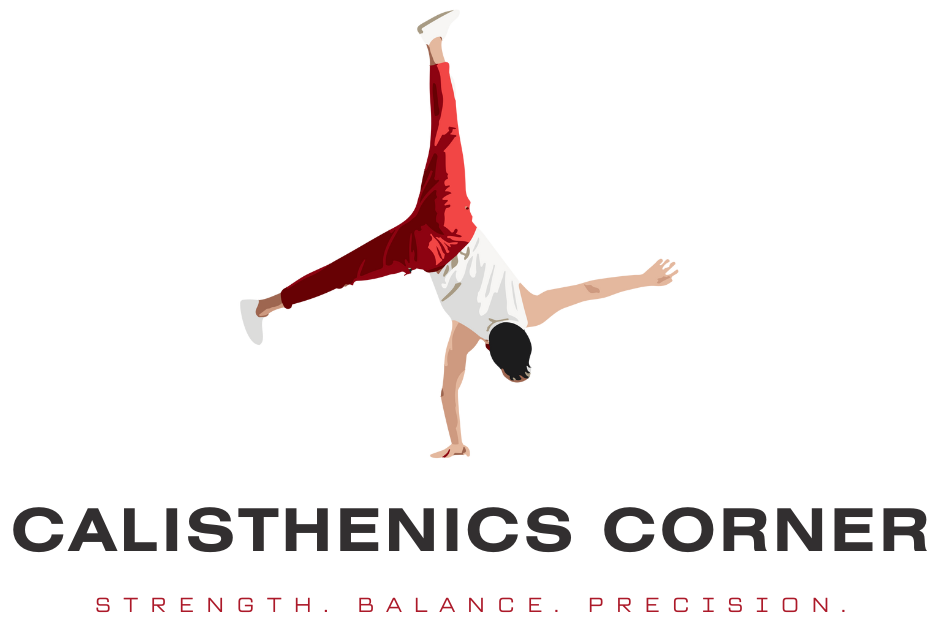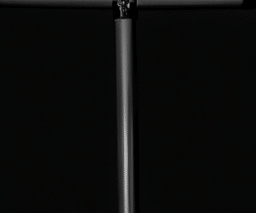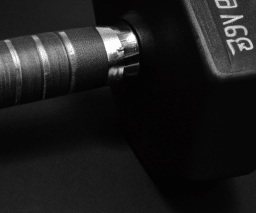So you’ve decided to get into calisthenics, the bodyweight exercise craze that’s taking the fitness world by storm. But you’re wondering, does calisthenics really require protein? After all, protein is often associated with weightlifting and bodybuilding. In this article, we’ll explore the importance of protein in calisthenics training, and whether or not you need to prioritize it in your diet to achieve your fitness goals. Whether you’re a beginner or an experienced calisthenics enthusiast, understanding the role of protein in your training regimen is key to optimizing your performance and results.
The Importance of Protein in Calisthenics
What is Calisthenics?
Calisthenics is a form of exercise that uses the body’s own weight and gravity to build strength, improve flexibility, and increase overall fitness. It involves performing a variety of movements such as push-ups, pull-ups, squats, lunges, and planks, without the need for any additional equipment. Calisthenics is a highly versatile and effective workout routine that can be done anywhere, making it a popular choice for fitness enthusiasts.
The Role of Protein in Building Muscle
Protein plays a crucial role in building and repairing muscle tissue. When you engage in calisthenics exercises, you are essentially breaking down the muscle fibers, and protein is needed to rebuild and strengthen them. Protein contains essential amino acids, which are the building blocks of muscle. Without an adequate supply of protein, your muscles may not be able to recover and grow effectively. Therefore, protein is essential for muscle development and overall progress in calisthenics.
Protein and Muscle Recovery
After an intense calisthenics workout, your muscles need time to recover and repair. This is where protein plays a vital role. Consuming protein after exercise can help speed up muscle recovery by providing your body with the necessary nutrients it needs to rebuild and repair damaged muscle tissue. Protein also helps reduce the risk of muscle soreness and fatigue, allowing you to get back to your calisthenics routine more quickly and with less discomfort.
How Much Protein is Needed for Calisthenics?
Protein Requirements for Building Muscle
The amount of protein you need for building muscle through calisthenics depends on various factors, including your body weight, goals, and level of training intensity. As a general guideline, it is recommended to consume around 1.2 to 2.0 grams of protein per kilogram of body weight. For example, if you weigh 70 kilograms, you should aim for approximately 84 to 140 grams of protein per day. However, it’s important to note that these are general recommendations, and individual protein requirements may vary.
Protein Intake for Muscle Recovery
In addition to the protein needed for building muscle, it’s important to consume protein after each calisthenics workout to aid in muscle recovery. Consuming protein within the first hour after exercise can provide your muscles with the necessary amino acids to initiate the repair process. Aim to consume around 20 to 30 grams of protein post-workout, either through whole foods or protein supplements.
Timing of Protein Consumption
While it’s important to consume protein throughout the day, the timing of protein intake is particularly crucial before and after calisthenics workouts. Consuming protein before a workout provides your muscles with the necessary fuel to perform optimally. Aim to consume a small meal or snack containing protein and carbohydrates around 1 to 2 hours before your workout. After your workout, prioritize protein consumption within the first hour to maximize muscle recovery and growth.
Best Sources of Protein for Calisthenics
Animal-Based Protein Sources
Animal-based protein sources are known for their high biological value, meaning they contain all the essential amino acids your body needs. Some excellent animal-based protein sources for calisthenics include lean meats like chicken, turkey, and fish, as well as eggs and dairy products like milk, yogurt, and cheese. These protein-rich foods are not only great sources of protein but also contain essential nutrients like vitamins and minerals, which contribute to overall health and well-being.
Plant-Based Protein Sources
For those following a plant-based diet or seeking alternative protein sources, plant-based protein sources can also provide ample protein for calisthenics. Legumes like beans, lentils, and chickpeas are excellent sources of plant-based protein. Additionally, soy products like tofu and tempeh, nuts and seeds, and whole grains like quinoa and brown rice, can also contribute to meeting your protein requirements. It’s important to combine different plant-based protein sources to ensure you are consuming a variety of amino acids.
Supplementing with Protein Powder
In some cases, it may be challenging to meet your protein requirements through whole foods alone, especially if you have specific dietary restrictions or preferences. Protein powder supplements can be a convenient and effective way to supplement your protein intake for calisthenics. There are various types of protein powders available, including whey, casein, and plant-based options like pea, rice, or hemp protein. Choose a protein powder that fits your dietary needs and preferences and consider consulting a healthcare professional or a registered dietitian before incorporating protein supplements into your routine.
Protein Myths in Calisthenics
Too Much Protein is Harmful
One common myth surrounding protein consumption is that consuming too much protein can be harmful to your health. While extremely high protein intake may put strain on certain organs like the kidneys, moderate protein intake within recommended limits is generally safe for most individuals. It’s important to remember that everyone’s protein needs may vary, and it’s best to consult with a healthcare professional or a registered dietitian to determine the appropriate protein intake for your specific needs.
Protein Causes Weight Gain
Another misconception is that consuming protein leads to weight gain. While it’s true that protein contains calories, it is also a vital nutrient for muscle growth and maintenance. In fact, protein has a higher thermic effect compared to carbohydrates and fats, meaning that your body burns more calories during the digestion and absorption of protein. Additionally, protein can help increase feelings of fullness and contribute to a more balanced and satisfying diet, which can potentially support weight management goals.
Protein is Only for Bodybuilders
Some people believe that protein is only necessary for bodybuilders and individuals engaging in intense weightlifting. However, protein is essential for anyone participating in physical activities that involve muscle breakdown and repair, including calisthenics. Whether you are a beginner or an experienced calisthenics enthusiast, ensuring an adequate protein intake can help support muscle growth, recovery, and overall performance.
Potential Risks and Side Effects of Protein Consumption in Calisthenics
Kidney Damage
One potential risk associated with high protein intake is the strain it may put on the kidneys. However, for individuals with healthy kidneys, moderate protein intake within recommended limits is not considered harmful. If you have existing kidney conditions or concerns, it’s crucial to consult with a healthcare professional or a registered dietitian to determine an appropriate protein intake that aligns with your specific health needs.
Digestive Issues
In some cases, consuming large amounts of protein through certain sources or protein supplements may cause digestive issues such as bloating, gas, or stomach discomfort. This can vary depending on individual tolerance and digestion. If you experience digestive issues related to protein consumption, you may consider trying different protein sources or adjusting the amount consumed. Gradually increasing your protein intake and consuming it alongside fiber-rich foods can also help alleviate digestive discomfort.
Allergies and Intolerances
Protein sources, particularly animal-based ones like dairy and eggs, may pose a risk to individuals with allergies or intolerances. It’s important to identify and avoid any protein sources that may trigger an allergic reaction or cause adverse symptoms. For those with specific dietary restrictions or allergies, alternative protein sources like plant-based proteins or hypoallergenic protein powders can be suitable options. Always read food labels carefully and consult with a healthcare professional if you have any concerns or allergies.
Conclusion
Protein plays an integral role in calisthenics by supporting muscle development, repair, and recovery. Adequate protein intake is essential for optimal performance and progress in this form of exercise. Whether you choose animal-based or plant-based protein sources, it’s important to prioritize protein consumption throughout your day, with special attention to pre and post-workout meals or snacks. While protein is generally safe and beneficial, it’s essential to pay attention to individual protein requirements, potential risks, and any specific health considerations. By incorporating protein into your calisthenics routine, you can maximize your results and elevate your overall fitness journey. Remember, consult with a healthcare professional or a registered dietitian for personalized advice based on your unique needs and goals.








